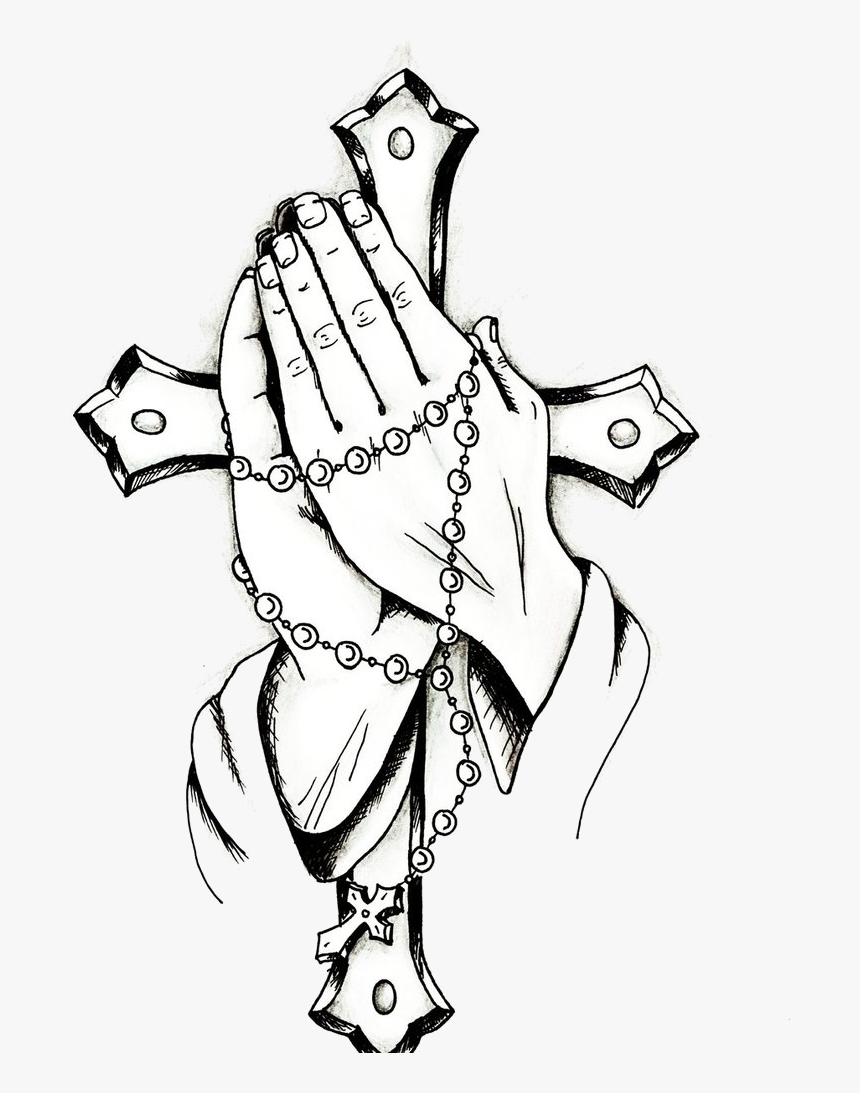The Rosary. It is a major fixture in the Catholic faith: Most Catholics have at least one in their home, and it is a common gift to give to fellow Catholics and those converting to the faith. I have about a half a dozen Rosaries myself, including one I received when I joined the Knights of Columbus in 2020. I carry my Rosary with me everywhere I go, as do many devout Catholics who pray the Rosary and often reflect on the Mysteries the associated with it.
Speaking of mysteries, the Rosary itself is sort of its own mystery. As Fr. William Saunders once wrote in an article published in 1994 in the Arlington Catholic Herald:
“Tradition does hold that St. Dominic (d. 1221) devised the rosary as we know it. Moved by a vision of our Blessed Mother, he preached the use of the rosary in his missionary work among the Albigensians, who had denied the mystery of Christ. Some scholars take exception to St. Dominic’s role in forming the rosary. The earliest accounts of his life do not mention it, the Dominican constitutions do not link him with it and contemporaneous portraits do not include it as a symbol to identify the saint.”
The link to the above-mentioned article is below this article, as well as a link to an additional article, published this year, that gives more background on the Rosary. Because both articles together give a comprehensive history of the Rosary, I am going to skip the chronological chain of events that led up to how the Rosary looks and works in our modern day. Instead, I am going to address some of the skepticism out there about the Rosary. That is, if we don’t have a concrete history about it, and that its format evolved over time – particularly between the 12th and 15th Centuries – should we trust that it aligns with Catholic Christian teaching, even while it draws some from early and pre-Christian practices regarding prayer and meditation?
Here is my short take on it: When I had first heard (and this is going back many years) that the Rosary was not introduced until around the 13th Century, that its structure had evolved a bit into to the 14th and 15th Century, and that some of the details about it are a bit muddy, I was a bit of skeptic too. After all, if something doesn’t square with our Church’s history or how we have progressed with Sacred Tradition, is it something we should be embracing / following?
Here are a couple of other angles to this (not to mention that unless some profoundly important document is found, and which shows that the Rosary somehow has fraudulent or suspicious roots, we just won’t have a more definitive answer):
1.) Although the Catholic Church’s core theology — from Sacred Scripture and Sacred Tradition — has been amazingly consistent for 2000 years, the Church has had to evolve a bit in to help an ever-evolving species (we humans) to adhere to the Sacraments and grow a deeply meaningful relationship with God.
And because we are humans — Catholic humans in this case — and though we were given authority to grow the Church and lead people to Christ, it doesn’t mean we haven’t stumbled sometimes along the way. Even among the early Church Fathers, we see some questionable ideas or history that don’t quite well align with our faith.
Origen is a great example of this: He is one of the most influential figures in our Church History — he added much value to our theology — however, he did have a couple of ideas that were a little off the rails. Yet we don’t throw out all of what Origen contributed, nor that his not-so-popular ideas should shake our faith. That may not be the most helpful analogy — but it leads to an overarching point: How important is to you or any of us to know every single detail about Church history?
2.) Does the Rosary contradict or harm our core beliefs as Catholic Christians? In other words, the prayers themselves were born out of Sacred Tradition and Scripture — including the Our Father, which is a now 2000-year-old prayer right from our Savior, Jesus Christ.
Overall, the Rosary is meant for us to meditate on the Mysteries that define our faith — and it can be a powerful form of meditation, as it requires being even more focused on the words we are saying, as well connecting more deeply with the mysteries. That said, if it speaks the truth of our faith, and if it can help us grow our relationship with God, then shouldn’t that be what matters most at the end of the day?
https://www.ewtn.com/catholicism/library/history-of-the-rosary-1142
Where Did the Rosary Originate?
